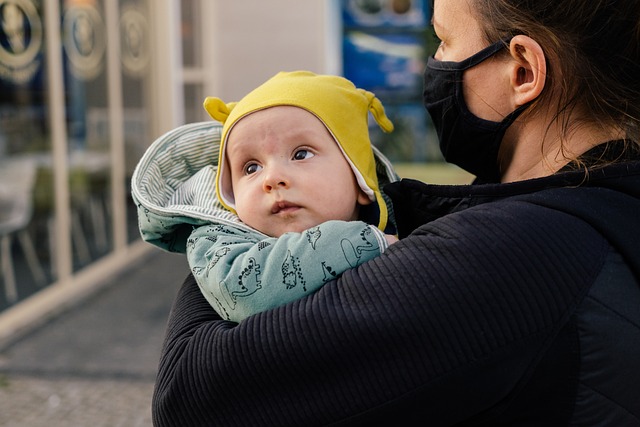Introduction:
Welcoming a baby into the world through surrogacy is a joyous occasion, but it also comes with unique considerations for both the intended parents and the surrogate. In this article, we will explore the essential aspects of surrogate baby care, emphasizing the importance of a supportive and nurturing environment.
Building a Supportive Network:
Creating a strong support network is crucial for the well-being of both the surrogate and the intended parents. Open communication, understanding, and empathy are key components of a positive support system that fosters a nurturing environment for the surrogate baby.
Collaborative Parenting:
Intended parents and surrogates should work together to establish a collaborative parenting approach. Clear communication about expectations, parenting styles, and involvement in the baby’s life can contribute to a harmonious co-parenting relationship.
Post-Birth Transition:
After the baby is born, there will be a transition period as the surrogate baby moves from the surrogate’s care to the intended parents. This process requires sensitivity, respect, and open communication to ensure a smooth and emotionally supportive handover.
Understanding the Emotional Dynamics:
Surrogate baby care involves navigating complex emotional dynamics for all parties involved. Intended parents may experience a range of emotions, including joy, gratitude, and potentially, anxiety. The surrogate, too, may have a mix of emotions, from attachment to fulfillment in helping create a family. Open and honest communication is vital for addressing these feelings.
Professional Guidance:
Engaging with professionals, such as pediatricians and mental health experts experienced in surrogacy, can provide valuable guidance on surrogate baby care. These experts can offer advice on the baby’s physical and emotional needs, as well as support for the surrogate and intended parents in adjusting to their new roles.
Establishing Routines and Boundaries:
Creating routines and setting boundaries is essential for the well-being of the surrogate baby. Intended parents and surrogates should work together to establish consistent caregiving practices and ensure that everyone involved feels comfortable and confident in their roles.
Celebrating Milestones:
As the surrogate baby grows, both the surrogate and the intended parents need to celebrate milestones together. Whether it’s the first smile, a developmental achievement, or a special occasion, acknowledging these moments fosters a sense of shared joy and connection.
Conclusion:
Surrogate baby care is a unique and rewarding journey that requires collaboration, understanding, and compassion from all parties involved. By building a supportive network, communicating openly, and embracing the emotional aspects of the process, surrogate parents and intended parents can create a nurturing environment for the well-being of the baby and everyone involved.
Read Also: Surrogacy: Who can opt for in response to childcare?

Ravi Sharma is a self-motivated, successful entrepreneur and has a solid experience in the fertility segment. and he is the director at ARTbaby Global (ARThealthcare). He is a pharmacy graduate with post-graduation in business administration and has 14 years of rich experience in the field of infertility segment. He loves to write about IVF, Surrogacy, and other ART (assisted reproductive technology) news, issues, and updates. He is a Pharmacy graduate (B. Pharm) and M.B.A (marketing).
His most recent success includes the successful launch of the medical tourism company, ARTbaby, which offers treatment options for infertility, egg donation, and surrogacy. He likes spending time with his family and writing about various aspects of IVF surrogacy and donating eggs.

